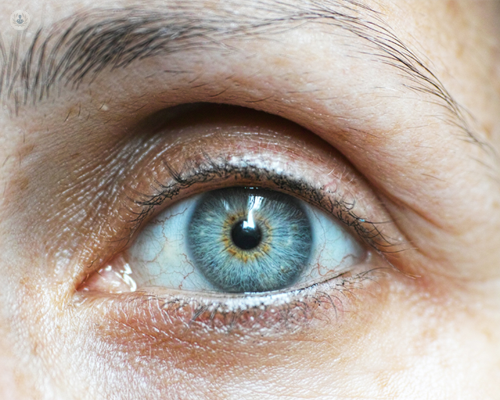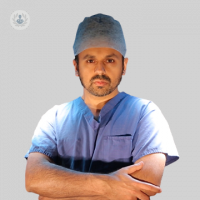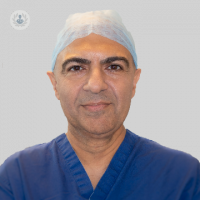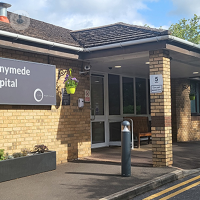Minimally invasive glaucoma surgery (MIGS)
Mr Muneer Otri - Ophthalmology
Created on: 02-10-2016
Updated on: 04-27-2023
Edited by: Karolyn Judge
What is MIGS?
MIGS or minimally invasive glaucoma surgery is one of the latest advances in surgical treatment for glaucoma. This type of surgery has been implemented for cases where medication has not proven to be effective enough in reducing intraocular pressure and in slowing the progression of glaucoma. Your doctor will determine which technique would work best for reducing the production of aqueous humour (fluid), which causes an increase in intraocular pressure, based on your needs and on the condition’s progression.

What is MIGS for?
MIGS or minimally invasive glaucoma surgery refers to a group of surgical procedures which constitute the latest advance in surgical treatment for glaucoma. In this condition, the aqueous humour of the eye doesn’t flow normally: it thus builds up and increases intraocular pressure, which ends up damaging the optic nerve and causing sight loss. New techniques have been developed to drain the excess aqueous humour and to decrease intraocular pressure.
One of the main benefits of MIGS is that if you have glaucoma, eye drops won't be required. Another benefit of MIGS is that this technique slows down the progression of glaucoma.
How does MIGS work?
Minimally invasive glaucoma surgery is done with much smaller equipment compared with traditional surgery, which makes microscopic incisions into the eye, producing the same beneficial results with less trauma to the eye. There are several types of MIGS:
- Microtrabulectomy – microscopic ducts are used to drain the excess fluid to the outer membrane of the eye (conjunctiva).
- Trabulectomy – done to eliminate or bypass the trabecular meshwork (the tissue responsible for draining the aqueous humour), making a small incision to drain the excess liquid within the eye.
- Internal or suprachoroidal micro-stents – microscopic stents with an open end, connection the anterior of the eye to the suprachoroidal area, making the fluid flow much better
- Advanced laser surgery – by using endocyclophotocoagulation and micropulse cyclophotocoagulation laser, it is possible to prevent the formation of aqueous humour, widening the area between the iris and the cornea.
How can I prepare for MIGS?
Before the MIGS procedure, you may need to use specific eye drops prescribed by the specialist. Intraocular pressure will also have to be monitored in the days before the surgery.
What can I expect after MIGS surgery?
New glaucoma surgery techniques not only cut down surgery time to 15 minutes; they also make recovery from MIGS surgery much quicker and prevent glaucoma from getting worse. For the first 60 days, you’ll have to go for a follow-up visit once a week. There are very few to no complications; however, the micro-incisions made on the eye can occasionally become infected because of the presence of bacteria. Should your eye become irritated or red, talk to a specialist as soon as possible.

















